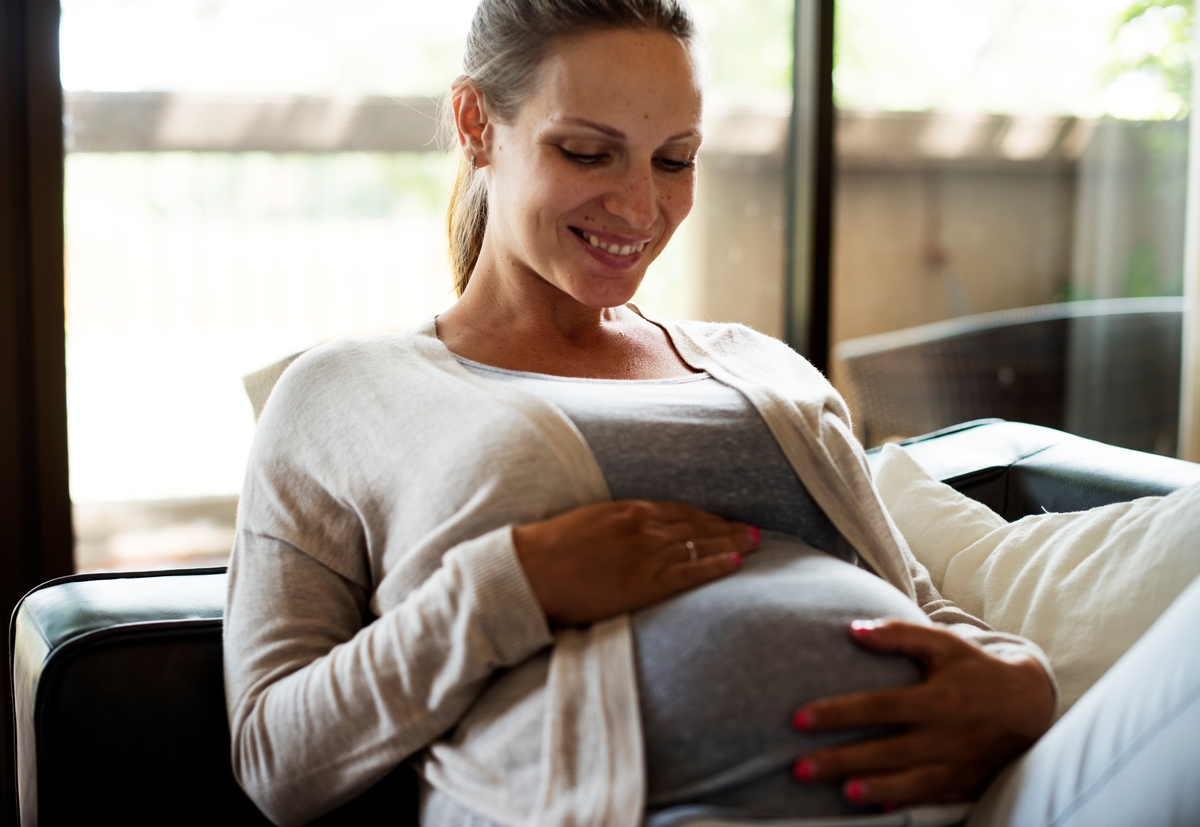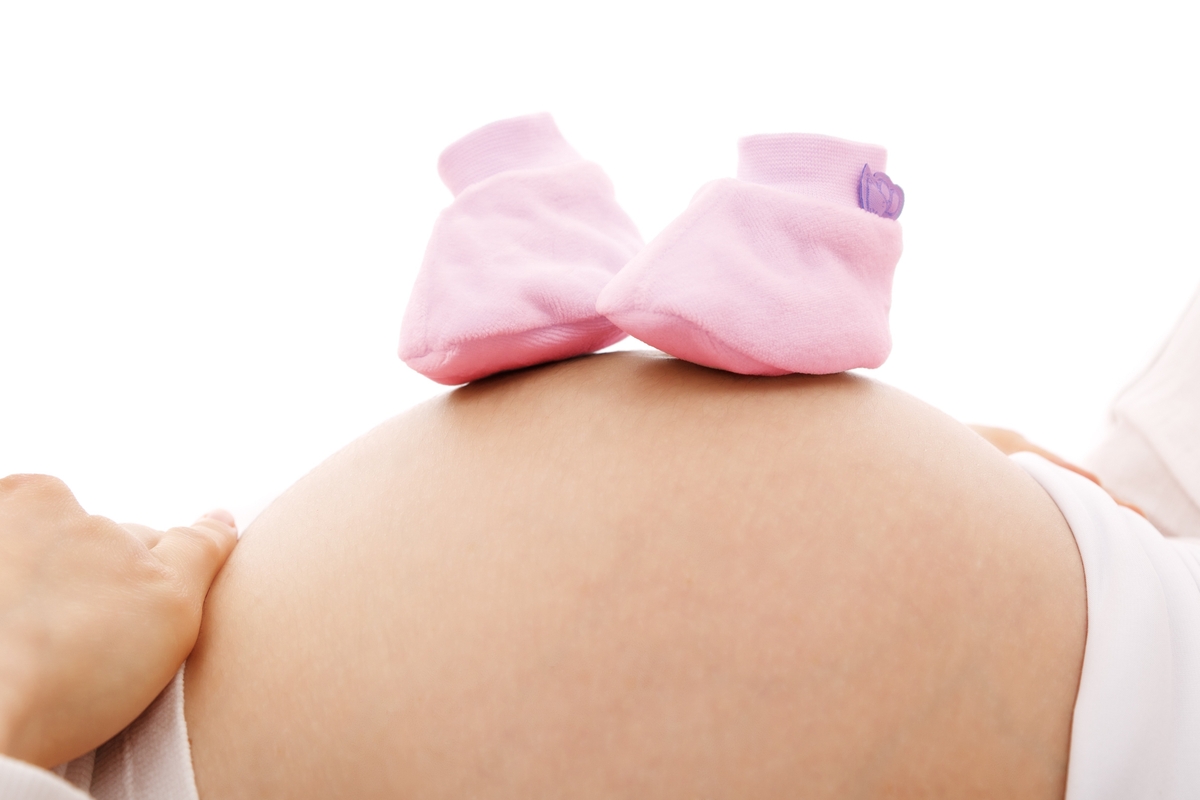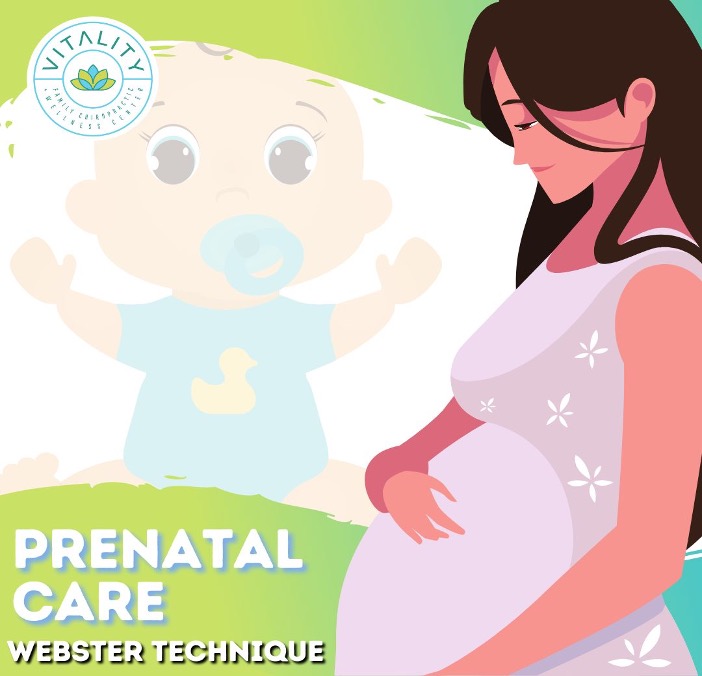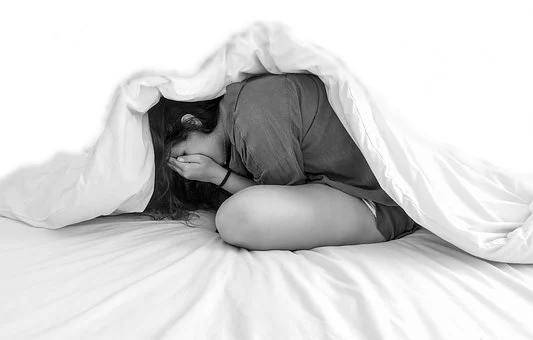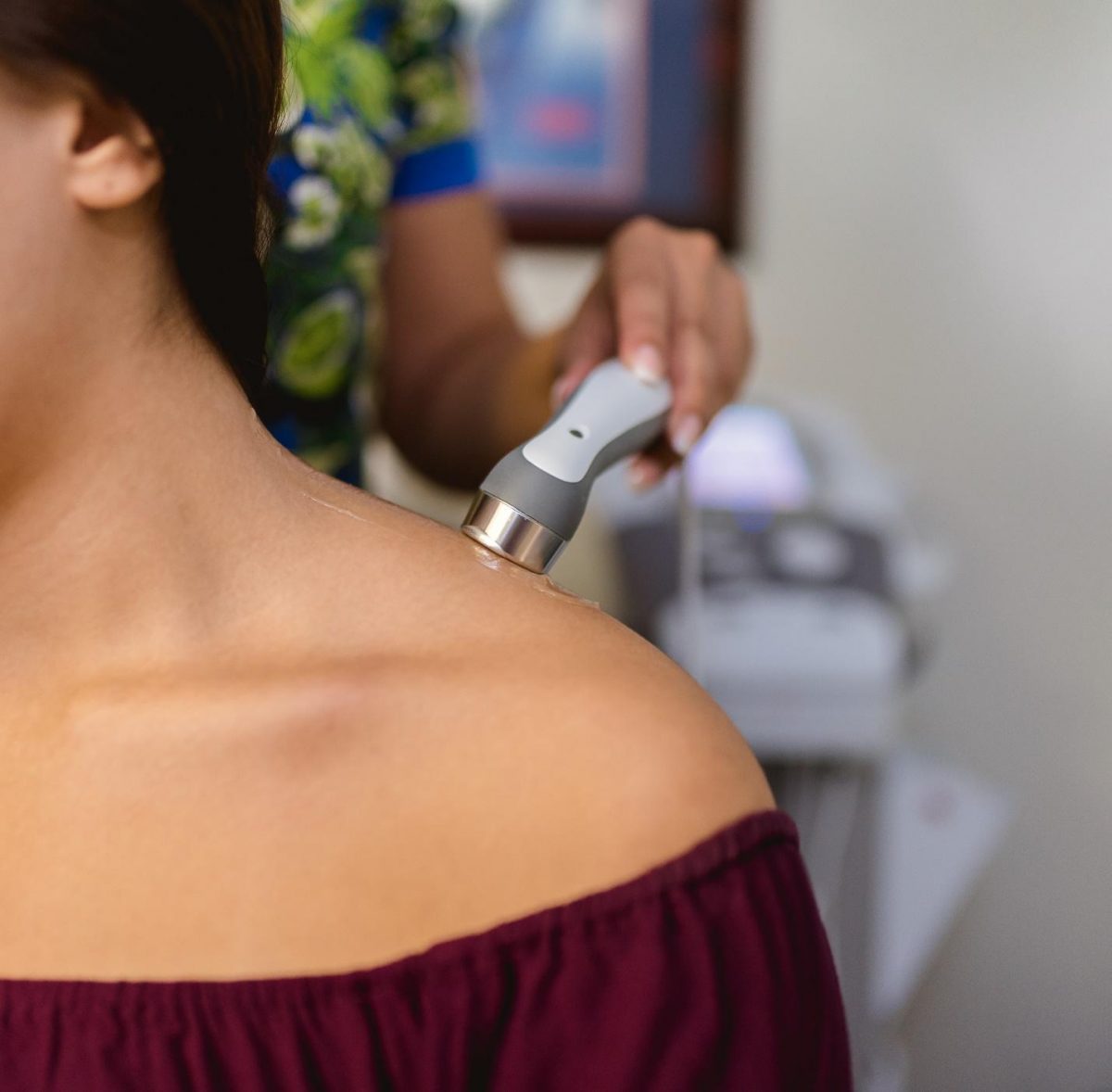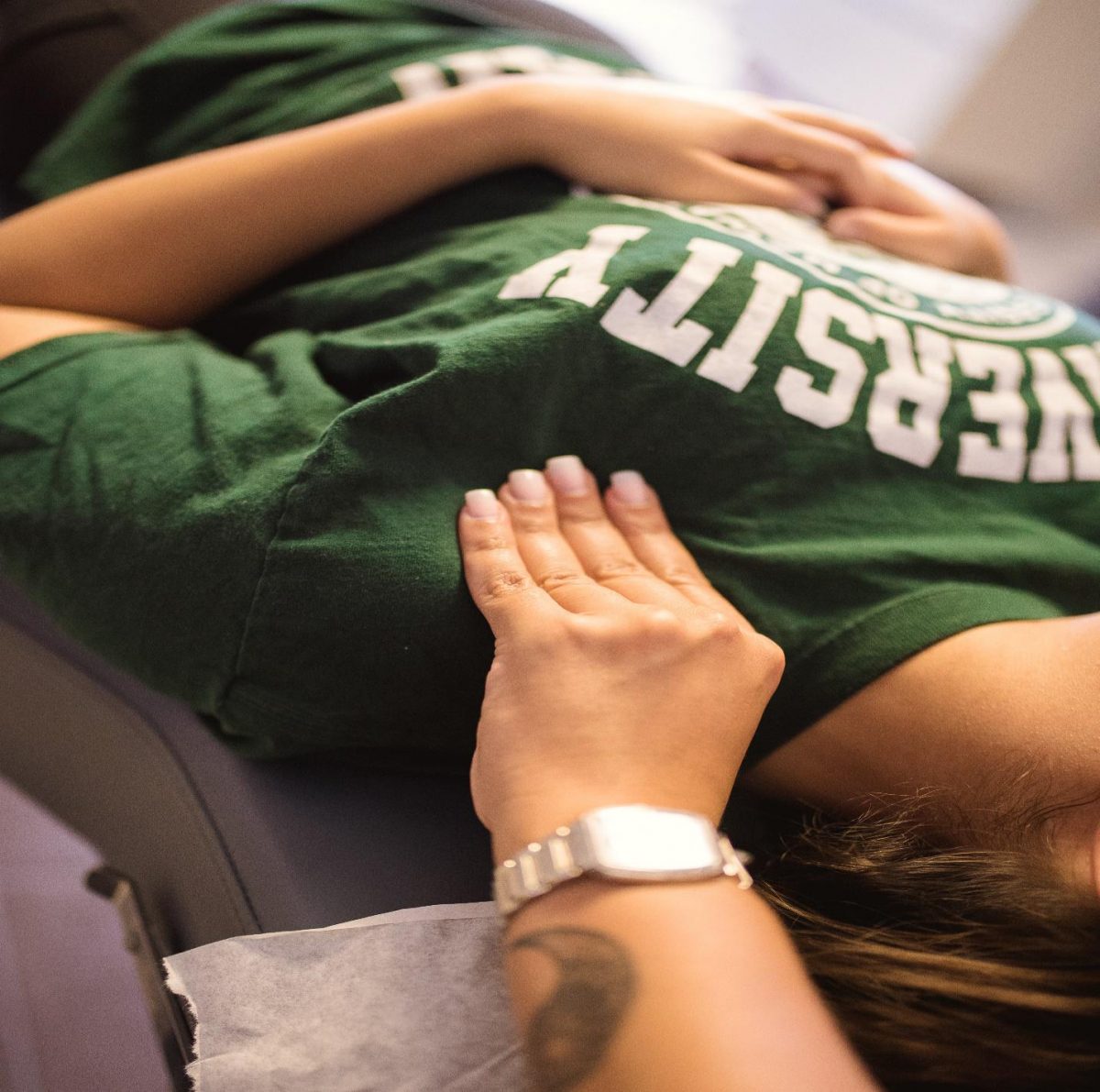- Purpose
Most people rave about how getting adjusted reduced or eliminated their back pain or pubic bone pain during pregnancy, but the benefits extend even beyond that! The purpose of chiropractic care during pregnancy involves maintaining pelvic alignment and spinal structure, providing an optimal environment for the growing baby and aiding in an easier labor!
- Selection
Hopefully you were able to “shop” for a birth care provider that would support the type of birth you want and need – and the same should go for your chiropractor! During pregnancy, it’s important to seek care from a practitioner who is Webster Certified because those practitioners have additional training in safe, effective care for pregnant patients. At Vitality Family Chiropractic we offer resources, and a multitude of modalities to aid in a comfortable and affordable visit.
- Timing
It would be ideal if everyone entered into pregnancy with a perfectly aligned pelvis and maintained alignment throughout pregnancy and beyond. Unfortunately, that is not always the case, most women deal with improper work ergonomics, carrying babies, old injuries, etc that put stress on our bodies specifically our pelvis. Not everyone is able to obtain chiropractic care pre-conception, however It’s never too late to start! Whether you’re six weeks or six months pregnant, chances are that you’ll benefit wonderfully from prenatal chiropractic care.
- Safety
No healthcare decision can be made without an analysis of the risks and benefits, and this one is no different. However, chiropractors who are Webster Certified are well-trained in the best ways to provide safe, gentle, and effective chiropractic care to their pregnant patients. Utilizing the Websters Technique is very different than typical chiropractic care and perfectly safe for mother and baby.
- Options
Like all other healthcare decisions you make, it’s important to learn all of the options available to you! Does your chiropractor offer availability during labor? If so, what does that look like? How soon postpartum will they see you? Are they trauma informed – able to work WITH you, respect your boundaries, actively seek informed consent, and avoid your triggers or help you work through them when they’re encountered? Do they educate you in what they are doing for you? Do you feel comfortable and safe sharing and being open with them?
- Services
Often times chiropractic care is not only the only answer to help you in an easier pregnancy or labor. At Vitality Family Chiropractic we offer services like massage therapy to aid in your overall treatment and care.
- Postpartum
Chiropractic care isn’t just for pregnancy. Care doesn’t stop with delivery. Find someone who is knowledgeable on postpartum issues – can they help you if pelvic floor issues like incontinence or painful intercourse arise? If you’re planning to nurse your child, do they know how to support you in that endeavor?
- Babies
Your prenatal chiropractor will likely also have some knowledge to share regarding pediatric chiropractic care. There are many factors that can contribute to altered spinal structure or spinal tension in infants like: high intervention delivery (induction, forceps, etc), cesarean delivery, prolonged or difficult delivery, and even extremely fast deliveries. Signs an infant or toddler would benefit from chiropractic care are symptoms like colic, a tilted or mis-shaped head, constipation, latching issues, sleeping difficulties, reflux and more!
- Honesty
It is important with any health care provider that you find someone you can trust. If you are trusting someone with your body and health you need to feel safe and comfortable with that person. At Vitality Family Chiropractic, we are upfront on treatment, expectations, cost and services we offer. There are no surprises! If you are or become a patient at our office, Dr. López and Dr. Scott always requests that you be upfront and communicate your concerns. If there is something going on that they cannot help you with, they will find someone who will!
- Collaboration
Last, but certainly not least, look for a prenatal chiropractor who values collaboration. They should be able and willing to connect you with the resources you need at any time during your care with them. You don’t need a referral to see a chiropractor – even during pregnancy – and they can often be the ones to refer you for things like pelvic floor physical therapy, and other complementary treatments! At Vitality Family Chiropractic we collaborate with Midwives, Doulas, Birth centers, OBGYS, Lactation Consultants, Physical Therapists and more!



